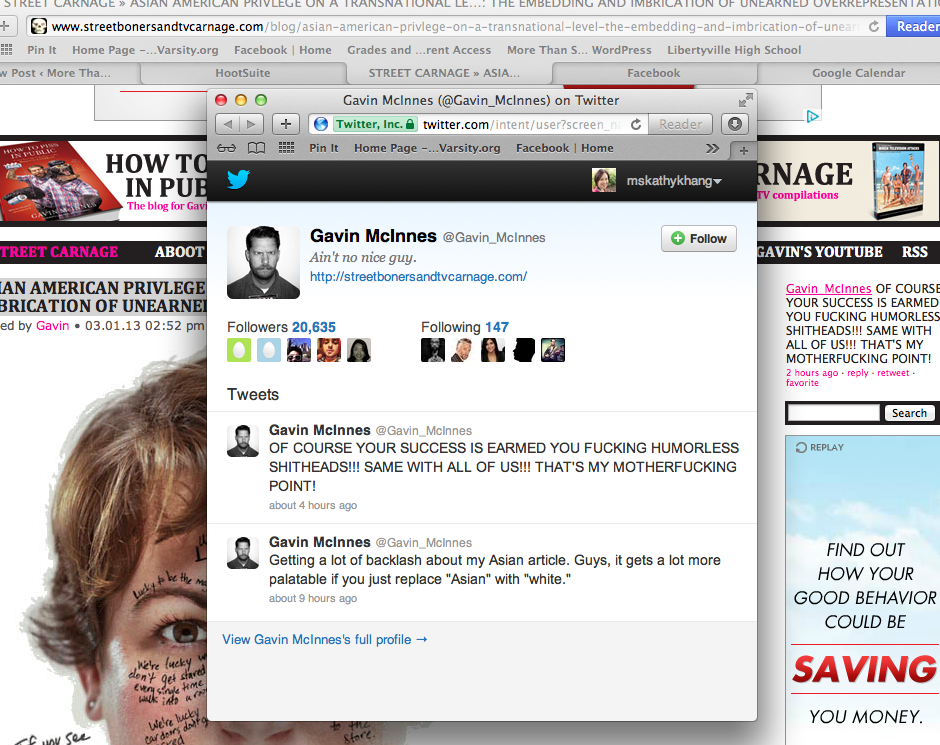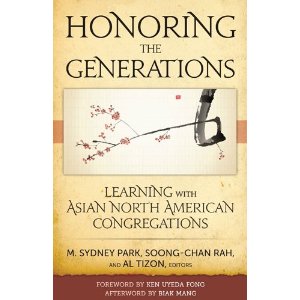Ambition.
Good Christians usually don’t talk about ambition. Maybe we call it “holy ambition” because if we add “holy” it makes it OK. I’ve read some of the Christian response to “Lean In”, and in a nutshell my take is that we Christians are uncomfortable with ambition. I’m afraid, however, that perhaps we have mistaken humility as the antithesis of ambition.
And as a result Christian women maybe even more uncomfortable with ambition. I’m uncomfortable talking about it with Christian women until we’ve established some level of safety. I need to know they won’t judge me. That they won’t think I don’t love my children or my husband or my gender because I am considering applying for a promotion.
Sheryl Sandberg is in your face about it.
“This book makes the case for leaning in for being ambitious in any pursuit,” p. 10 (see, still in the intro!)
Any pursuit. Hmmmm.
As Christian woman I have found it much more acceptable to be ambitious on the home front. Live for your kids and husband, perhaps in that order, because your husband isn’t around during the day and part of the evening, but that’s another chapter. Keep a clean and orderly home. Buy, make, grow, or raise the best, healthiest what-would-Jesus-eat food for your family. Be crafty and a wise steward of money. Be a godly wife and mother.
And that works well, particularly if you are married with children, and that life is something you want and you and your husband willingly agree to.
But not all of us Christian women want that. I want some of that, but I also want to work outside of my home. I enjoy teaching, preaching, speaking, and training. I love it, really. I enjoy writing, and I want to do more of it because (and I say this in a hushed voice) I think I’m good at it. I enjoy developing those skills as much as I enjoy hearing my husband unload the dishwasher (he really is doing that right now) after I’ve whipped up an amazing meal (that I didn’t do tonight).
My Christian Asian American parents helped me pay for college, and I enjoy stewarding that gift by also stewarding my gifts of leadership outside of the home. But I know that they have mixed feelings about my sister being a stay-at-home mom after getting a degree in business and about the amount of travel I choose to take on even though I have a husband.
I just don’t know if it’s OK to say that I have ambitions outside of my home. My home life ambitions have been affirmed in Church. My professional ones? Not so much.
Is it OK to tell people I have ambitions? Do you tell people you have ambitions? Would you describe yourself as ambitious?

 And then that wonder turns into a hint of longing for what was once familiar, and that is exactly what happened for me as I read Honoring the Generations:Learning with Asian North American Congregations (M. Sydney Park, Soong-Chan Rah, and Al Tizon, editors; Judson Press 2012).
And then that wonder turns into a hint of longing for what was once familiar, and that is exactly what happened for me as I read Honoring the Generations:Learning with Asian North American Congregations (M. Sydney Park, Soong-Chan Rah, and Al Tizon, editors; Judson Press 2012).